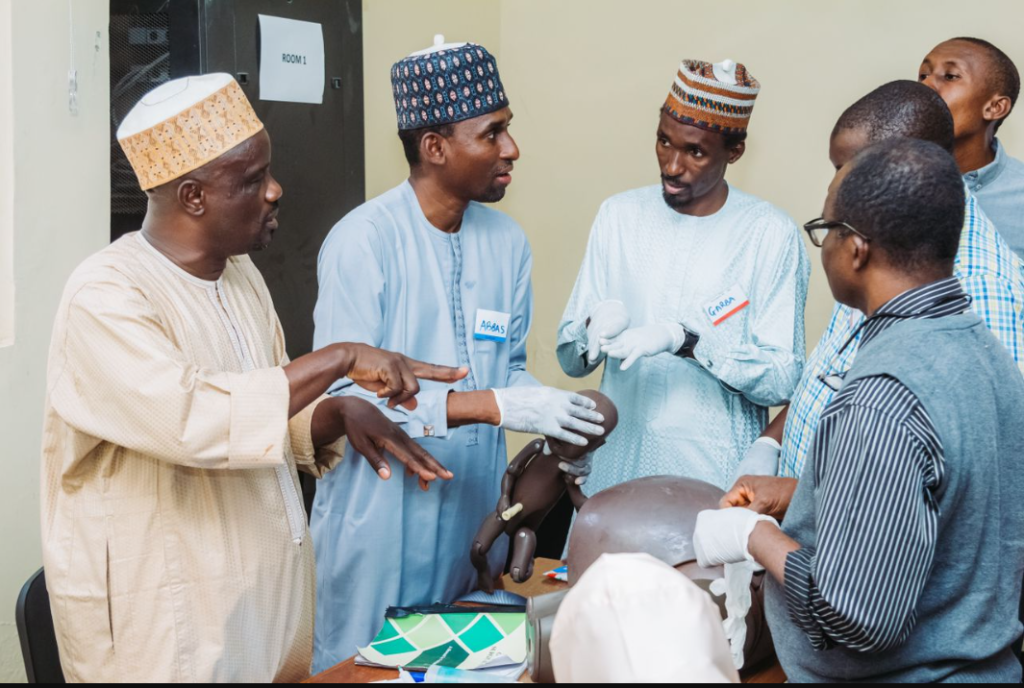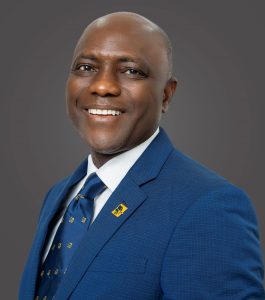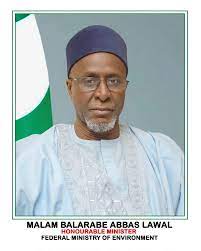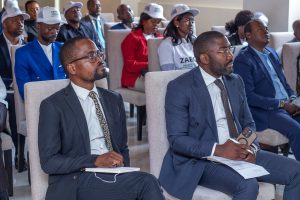
Foundation partners British institute to train Kano doctors
The Liverpool School of Tropical Medicine (LSTM) and the Wellbeing Foundation Africa (WBFA) have taken a commendable step in addressing one of Nigeria’s most pressing public health challenges: maternal and neonatal mortality. Their three-day Advanced Obstetrics and Surgical Skills (AOSS) training for 31 doctors in Kano State is a remarkable demonstration of the power of strategic partnerships in improving healthcare outcomes.
Maternal and neonatal mortality rates in Nigeria remain alarmingly high, posing a significant burden on the nation’s healthcare system. This training initiative, hosted at the Provost Complex, College of Health Sciences, Bayero University Kano, and Aminu Kano Teaching Hospital, is a critical response to this challenge. According to Dr. Hauwa Mohammed, Country Director of LSTM, the program aims to strengthen Nigeria’s healthcare workforce by equipping resident doctors with essential, hands-on obstetric and surgical skills.
“This effort is crucial as it aims to reduce Nigeria’s high maternal and neonatal mortality rates, which remain a significant public health challenge,” Dr. Mohammed stated. By focusing on building the capacity of healthcare professionals to manage life-threatening pregnancy complications, the initiative seeks to address a fundamental gap in the country’s healthcare system.
A key aspect of the program is the emphasis on bidirectional learning, where knowledge and skills are exchanged between institutions in the UK and Africa. Dr. Mohammed highlighted this approach, saying, “Bidirectional learning is at the heart of the Health Partnership model. This approach not only transfers knowledge and skills but also fosters collaboration between institutions to create sustainable improvements in healthcare delivery.”
The partnership between LSTM and WBFA is not just about knowledge transfer but also about long-term capacity building. By fostering a collaborative learning environment, this initiative ensures that healthcare improvements are not only immediate but also sustainable over time. The Advocacy and Communications Manager at WBFA, Jennifer Eziuloh, emphasized this, noting, “This training highlights our shared commitment to empowering healthcare professionals with the tools they need to save lives. It is through partnerships like this that we can make meaningful efforts to achieve equitable and quality healthcare for all.”
Eziuloh further praised the collaboration, stating that it demonstrates a shared dedication to addressing workforce gaps and fostering practical, impactful learning opportunities. “The partnership between LSTM and WBFA demonstrates a shared dedication to strengthening Nigeria’s health systems by addressing workforce gaps and fostering practical, impactful learning opportunities. With a focus on long-term capacity building, the Global Health Workforce Program is geared towards a healthier and more resilient Nigeria.”
This initiative is a shining example of how global partnerships can effectively tackle local challenges, particularly in critical areas such as healthcare. By strengthening the capacity of healthcare professionals and fostering international collaboration, LSTM and WBFA are paving the way for a more resilient health system in Nigeria.
Such efforts should inspire other non-governmental organizations to adopt similar models, focusing on sustainable, impactful interventions that address core societal needs. The AOSS training is more than just a program; it is a blueprint for how thoughtful partnerships can transform healthcare delivery and save countless lives.






